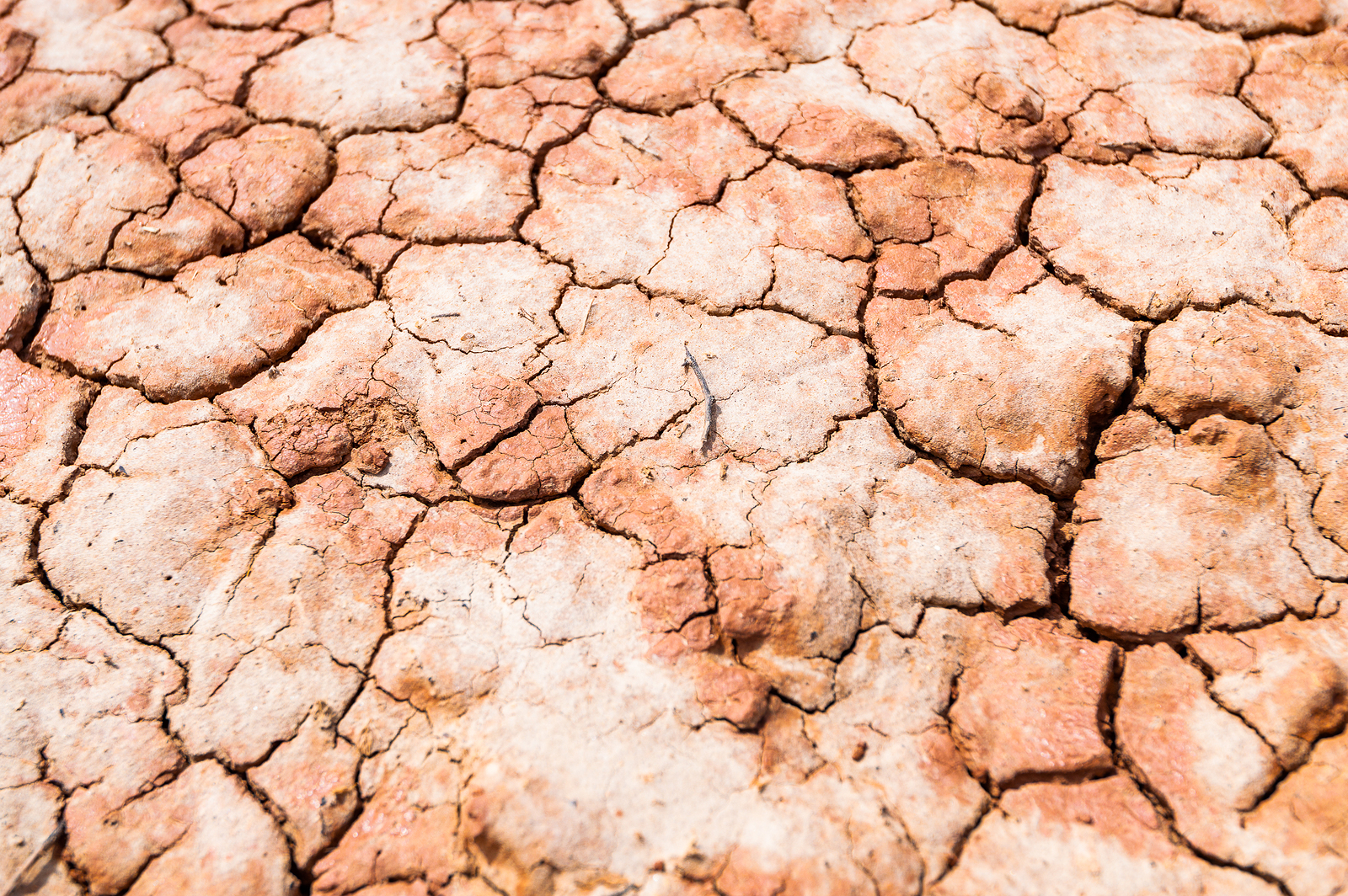
You might not think that having a dry mouth is cause for dental concern. It’s irritating, yes – and often a side effect of medications – but not something to be concerned about.
However, that parched, dryness can lead to gum trouble and tooth decay, as well as being uncomfortable.
So how does dry mouth happen? It occurs when the glands in your mouth, those that produce saliva, aren’t functioning properly. This can be because of medication (such as those for blood pressure pain relievers), autoimmune disorders, chemotherapy for cancer, or radiation therapy (specifically targeting the head/neck region).
Saliva is what helps to protect your teeth against periodontal disease and tooth decay. It does this by coating the teeth with enzymes and minerals that help to repel bacteria and build up the tooth. Saliva also aids in the digestion of foods and cutting the overall bacteria levels in the mouth.
If you are experiencing dry mouth, such as a dry throat, mouth sores, bad breath, or a rough tongue, there are a few steps you can take to ease the problem:
- Sip on water frequently throughout the day. You could even suck on ice chips or sugarless candy to help add moisture to your mouth.
- Avoid drinks which dry out your mouth. This includes drinks that contain caffeine and alcohol (even mouthwash).
- Use a humidifier in your bedroom when you sleep. This will put moisture back on the air and aid in keeping your mouth moist as you sleep instead of drying it out more.
- Talk to us about your symptoms and any medications you take. We can recommend products that will help protect your teeth and give you ideas to help your body produce its own saliva.

Leave a Reply